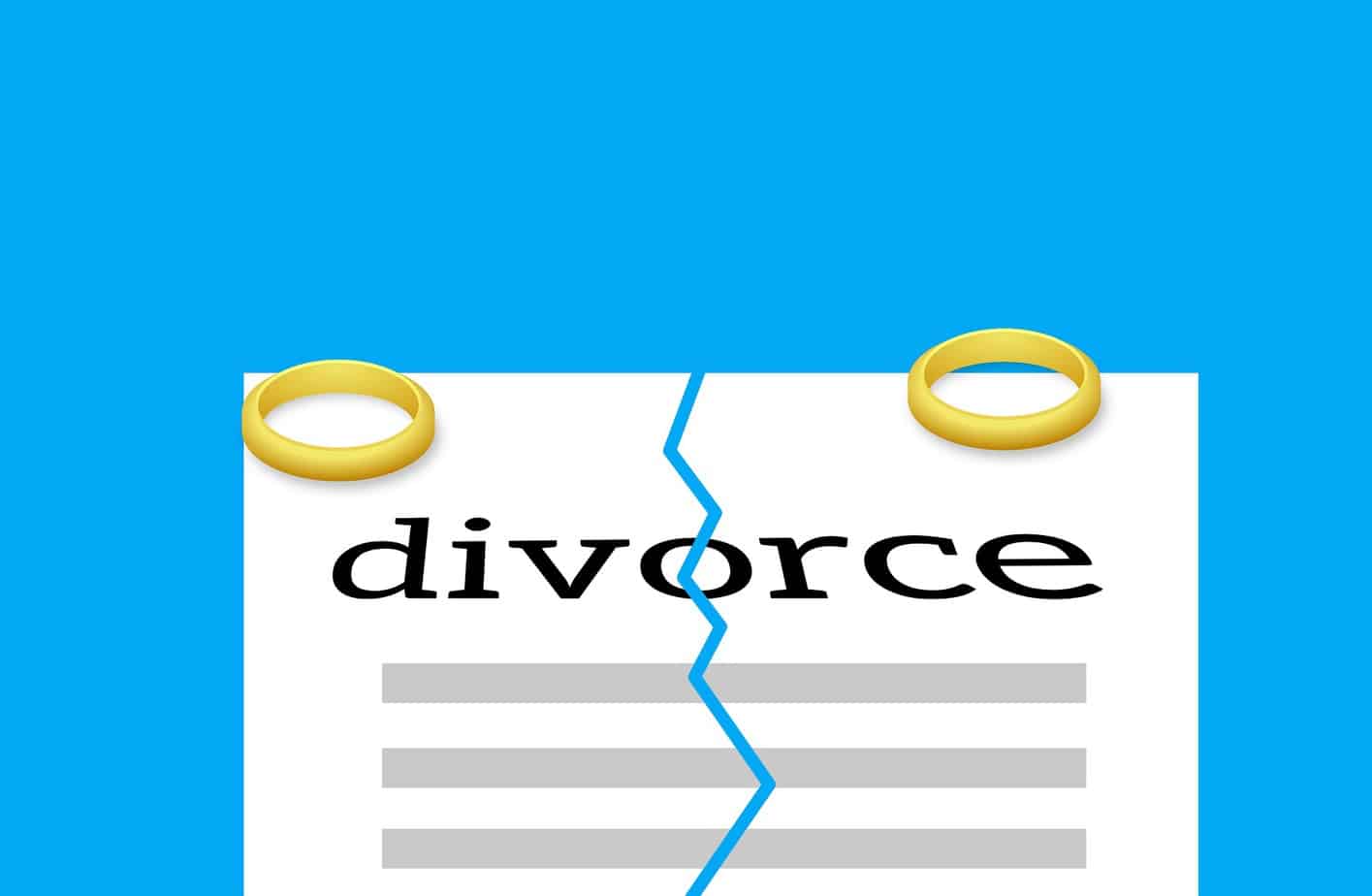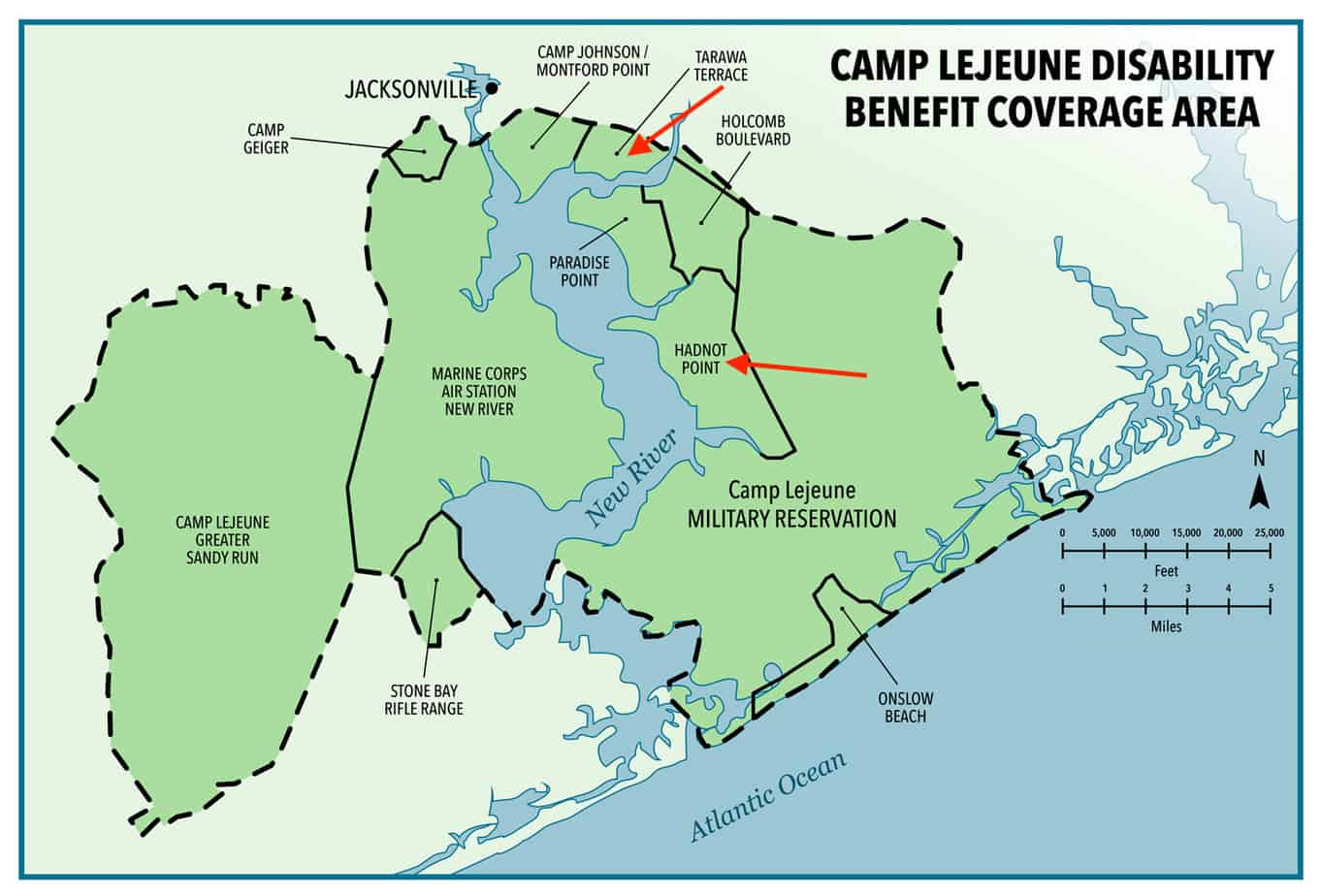Divorce can be a challenging and emotionally draining process for both the couple involved and their loved ones. One aspect that often adds to the stress and strain of a divorce is the question of attorney fees. In many cases, divorcing couples are unsure who is responsible for paying these fees, which can create additional tension and conflict during an already difficult time.
Understanding the general guidelines for allocating attorney fees in a divorce can help both parties approach the situation more knowledgeably and confidently. Typically, each party is responsible for their attorney fees. However, there are certain circumstances in which one party may be ordered to contribute to the fees of the other. These situations vary depending on jurisdiction and the specifics of each case, including income disparity, misconduct on the part of one spouse, and the complexity of the divorce proceedings.
It’s important for individuals going through a divorce to familiarize themselves with their state’s laws and regulations to understand their financial obligations during the process clearly. Seeking legal advice from a knowledgeable attorney can help provide clarity and ensure that a fair and reasonable outcome is reached for both parties involved.
Determining Responsibility for Attorney Fees
In a divorce, the responsibility for paying attorney fees can vary depending on various factors. In some cases, one spouse might be ordered to pay the other’s attorney fees, while in other cases, each party may be responsible for their attorney fees. This section will explore the factors courts consider when determining responsibility for attorney fees in a divorce.
Factors Considered by Courts
Courts can consider numerous factors when deciding which spouse should bear the attorney fees in a divorce. Some of the main factors considered are:
- The financial resources of each spouse
- The conduct of each spouse during the marriage and divorce process
- The complexity of the case
- The need for a level playing field in terms of access to legal representation
- Whether one spouse has a significantly higher income than the other
If a court determines that one spouse has sufficient financial resources or a significant income disparity exists, the higher-earning spouse may pay the lower-earning spouse’s attorney fees. Sometimes, a court may also consider the dependent spouse’s financial needs and the parties’ conduct during the marriage and divorce.
Community Property vs. Equitable Distribution
The approach to dividing assets in a divorce can also affect the responsibility for attorney fees. Courts use two main methods to divide assets: community property and equitable distribution.
| Community Property | Equitable Distribution |
|---|---|
| Assets acquired during the marriage are divided equally between the spouses. | Assets acquired during the marriage are divided fairly, but not necessarily equally, between the spouses. |
| Courts in community property states may be more likely to order one spouse to pay the other’s attorney fees. | Courts in equitable distribution states may consider more factors when determining responsibility for attorney fees, making the outcome less predictable. |
Ultimately, determining responsibility for attorney fees in a divorce is based on each case’s specific circumstances and factors. It is essential to consult with an experienced divorce attorney to understand your rights and responsibilities in your particular situation.
Types of Divorce and Impact on Attorney Fees
Different types of divorce can significantly impact the attorney fees associated with the legal process. This section will discuss various types of divorce and their effects on legal costs.
Contested Divorce
In a contested divorce, both spouses disagree on one or more issues, such as the division of assets, child custody, or alimony. Due to these disagreements, legal fees in contested divorces are typically higher than in other divorces. Spouses often require representation, which may involve numerous court appearances, discovery processes, and potentially a trial, contributing to increased attorney fees.
Uncontested Divorce
An uncontested divorce occurs when both spouses agree on all aspects of the divorce. Although legal fees are still necessary to draft and file the petition and other required paperwork, they generally remain lower than in contested divorces. Both spouses may opt to be represented by a single attorney or forgo attorney representation altogether, reducing costs.
Amicable Divorce
Amicable divorces are similar to uncontested divorces in that spouses agree on all terms of their separation. In this type of divorce, spouses are more willing to work together and may share representation or enlist the help of a neutral third-party mediator. As a result, attorney fees in amicable divorces tend to be lower than in contested divorces.
Mediation and Settlement
Divorce mediation involves a neutral third-party mediator facilitating discussions between spouses to help them reach an agreement. This process can lead to a quicker resolution, reducing legal fees associated with divorce litigation. Mediation is often used in amicable and contested divorces when spouses are open to negotiation and communication. In these scenarios, spouses can avoid costly court appearances and additional attorney fees by settling through mediation.
In conclusion, attorney fees in divorces differ greatly depending on the type of divorce and the level of cooperation between spouses. Contested divorces often result in higher attorney fees due to increased court appearances and legal representation, while uncontested, amicable divorces, and those resolved through mediation, generally result in lower legal costs.
Fee Structures and Agreements

Regarding divorce attorney fees, several fee structures and agreements come into play. Different fee structures may determine how clients are billed for their attorney’s services, ultimately affecting the final cost of legal representation.
Hourly Rate
One common fee structure is the hourly rate. Clients are billed for attorney’s fees based on the hours their lawyer spends on their case. The hourly billing rate varies depending on the attorney’s experience, location, and the case’s complexity. For example, more experienced divorce attorneys may charge higher hourly rates than their less-experienced counterparts.
Flat Fee
Another fee structure is the flat fee agreement. In this arrangement, the client pays a fixed amount, regardless of the attorney’s hours on the case. This method is more suitable for cases with relatively straightforward or predictable legal issues, allowing clients to have a clearer understanding of their total legal costs upfront.
Retainer
Some divorce attorneys require an upfront payment called a retainer. The retainer is a prepayment for the attorney’s fees, which is then gradually subtracted as the lawyer bills for services rendered. The client is responsible for covering the remaining balance if the legal costs exceed the retainer amount. However, the client may be refunded the difference if the total costs are less than the retainer.
Limited Scope Representation
In a limited-scope representation agreement, the attorney and client agree on specific tasks or limited aspects of the case for which the attorney will be responsible. This fee structure enables clients to save money by only paying for legal services. It can be used with other fee structures, such as hourly rates, to provide customized legal services that fit the client’s budget and needs.
Contingency Fee
While uncommon in divorce cases, contingency fees may be relevant in some situations. Under a contingency fee agreement, the attorney’s fees are contingent upon the case’s outcome, typically as a percentage of the settlement or award. Clients are not responsible for paying attorney fees if the case does not result in a favorable outcome. Generally, contingency fees are more prevalent in personal injury or other types of civil litigation.
Common Divorce Expenses
Divorce can be a financially draining process, and understanding the various costs associated with it is essential for both parties. This section will explore some common divorce expenses and how they may affect the overall cost.
Filing Fees
When initiating a divorce, both parties will likely face filing fees, which are required to submit the necessary paperwork to the court. The exact amount may vary depending on your jurisdiction, but it typically ranges between $100 and $350. These fees are usually non-refundable and can be higher if additional documents or requests are needed.
Court Fees
In some cases, court fees may also come into play, especially if the divorce is contested and requires court appearances. These fees can include costs for mediation or mandatory parenting classes, copies of court documents, and more. While these costs can add up, it’s important to remember that they are usually divided between both parties.
Expert Testimony Fees
If your divorce case involves disputes over assets, property, or custody arrangements, you may need to hire experts to provide testimony in court. Financial advisors, appraisers, and child custody evaluators are just a few examples of professionals who can be called upon during a divorce. Their fees can range widely, with some charging hundreds or even thousands of dollars for their services.
Legal Research and Document Preparation
Attorneys often need to spend time researching and preparing documents on behalf of their clients, and this work can come with additional fees. These may include hours spent researching legal precedents, drafting and reviewing documents or correspondence, and preparing for negotiations or court appearances. Discussing these costs upfront with your attorney is essential, as they can significantly influence the overall cost of the divorce.
In conclusion, several factors can influence the cost of a divorce, including legal fees, court fees, and expert testimony fees. Being aware of these expenses and discussing them openly with your attorney can help both parties prepare financially for the divorce.
Requesting and Awarding Attorney Fees
In a divorce proceeding, the issue of attorney fees can be contentious. The allocation of the costs may vary depending on various reasons, such as financial disparity or instances of bad faith litigation. This section will discuss how parties can request and be awarded attorney fees and the factors that influence court decisions regarding these expenses.
Motion for Attorney Fees
Parties in a divorce may file a motion requesting that the other party pay a portion or all of their attorney fees. This is particularly relevant when one spouse has a limited income compared to the other. Court orders for the award of attorney fees are often influenced by factors such as child custody, child support, and post-separation support.
While seeking legal advice, it is crucial to understand the circumstances when one can request attorney fees from the opposing party. Some common factors the court considers include the supporting spouse’s financial ability to pay, the dependent spouse’s financial circumstances, and each party’s conduct during the divorce process.
Bad Faith and Frivolous Litigation
Courts may also award attorney fees if a party engages in bad faith or frivolous litigation. Bad faith refers to actions intended to delay or hinder the divorce process, while frivolous litigation refers to legal claims with no sound basis in fact or law. If proven, the court may order the party responsible for such actions to pay their spouse’s attorney fees.
Instances of bad faith or frivolous litigation can include purposely manipulating finances to avoid child support, misusing the legal system to harass a spouse, or filing baseless motions to extend the divorce process. Evidence of these actions may lead the court to order financial consequences and attorney fee awards against the responsible party.
Appeals and Post-Judgment Modifications
Attorney fees can be requested during appeals and post-judgment modification hearings. In the case of an appeal, a successful appellant might be awarded attorney fees if the court determines that the initial decision was unjust or lacked merit. Similarly, in post-judgment modification hearings, the party seeking the modification may request attorney fees depending on the circumstances and the merits of the modification request.
It is essential to consult with a legal professional to understand the specific criteria for your case and the request for attorney fees during the divorce, appeal, or post-judgment modification stages.
Assistance with Divorce Attorney Fees
For many individuals going through a divorce, attorney fees can be a significant concern. Several options are available to assist with legal representation, advice, and mediation costs.
Legal Aid Organizations
Legal aid organizations can provide low-cost or pro bono legal services to eligible individuals, including assistance in family law cases such as divorce. These organizations often have income-based eligibility requirements and focus on helping those who cannot afford a private attorney. To find a legal aid organization near you, search for local resources or contact your state bar association for recommendations.
Family Law Clinics
Family law clinics are another option for affordable legal assistance. Typically located at law schools, these clinics allow law students to gain practical experience by providing legal advice and representation under the supervision of experienced family law attorneys. Services may include legal research, drafting documents, and representation in family law courts. While not all clinics handle divorce cases, many offer assistance with custody, support, and property division issues.
Payment Plans and Financial Arrangements
Many family law attorneys understand the financial strain a divorce can cause and may offer flexible payment plans or financial arrangements to assist with the cost of their services. These options include sliding scale fees, flat fees, or deferred payment arrangements. When looking for a lawyer, discuss your financial situation and inquire about available payment plans and options to help ease the burden of attorney fees.
In conclusion, there are several avenues to pursue when seeking assistance with divorce attorney fees. Legal aid organizations, family law clinics, and flexible payment arrangements can relieve those in need, ensuring access to legal representation and advice during the often-difficult divorce process.
State-Specific Considerations
California Divorce Laws
In California, the courts follow a community property model for property division during a divorce. This means all assets and debts acquired during the marriage are equally divided between the spouses. When determining alimony and spousal support, factors such as earning potential, the duration of the marriage, and each spouse’s contribution to the household are considered.
Regarding attorney fees in California divorces, the default position is that each party is responsible for their fees. However, in certain situations, one spouse may be ordered to pay for the other’s attorney fees, especially if there is a significant income disparity between the parties or if one spouse has been the primary breadwinner.
Factors that may impact attorney fee allocation include:
- Each party’s current financial situation
- Access to resources for legal representation
- Each spouse’s ability to pay for their legal representation
- The complexity and length of the divorce proceedings
New Jersey Divorce Laws
Unlike California, New Jersey follows the principle of equitable distribution when dividing property during a divorce. This means that assets and debts are not necessarily divided equally between the spouses but rather in a manner considered fair and just by the court. Factors such as the duration of the marriage, each spouse’s contribution to the marital property, and the custodial parent’s financial needs are considered when determining property distribution.
In New Jersey, alimony and spousal support decisions are primarily guided by factors such as each spouse’s income and earning potential, the length of the marriage, and the dependent spouse’s needs. Custody disputes are resolved with the child’s best interest in mind, which may affect the determination of child support payments.
Concerning attorney fees in New Jersey divorces, each party is generally expected to cover their legal expenses. However, the court has the discretion to order one spouse to pay for the other’s attorney fees in cases of financial discrepancies or where one party has acted in bad faith during the divorce proceedings.
Key aspects that may influence attorney fee allocation in New Jersey include:
- Each spouse’s financial standing and ability to pay legal fees
- The extent and nature of the legal work involved
- Income disparity between the parties
- Bad faith actions were taken by one party during the divorce process
FAQs
Who is responsible for paying attorney fees in a divorce?
Generally, each party in a divorce is responsible for paying their attorney fees. However, in some cases, the court may order one party to contribute to the other’s fees as part of the divorce settlement. This is particularly true when the parties have a significant income disparity.
What factors do courts consider in deciding who should pay attorney fees?
Courts consider various factors when deciding whether or not to require one party to pay the other’s attorney fees. These factors include income disparity, the need for financial assistance, each party’s ability to pay, and the complexity of the case.
Can attorney fees be negotiated?
Yes, attorney fees can be negotiated as part of the divorce settlement. The parties may agree to split the fees, have one party pay for the majority, or have each party cover their legal costs. It is crucial to have clear communication with your attorney and negotiate their fees accordingly.
Are there other ways to reduce attorney fees in a divorce?
- Choose a fixed-rate attorney instead of one who charges hourly.
- Mediation or collaborative divorce can lead to lower legal fees as they typically involve fewer contentious negotiations and court appearances.
- Gather and organize documentation and financial records efficiently to save time and cost.
- Keep communication with your attorney focused on critical issues and avoid using them as a source of emotional support.









